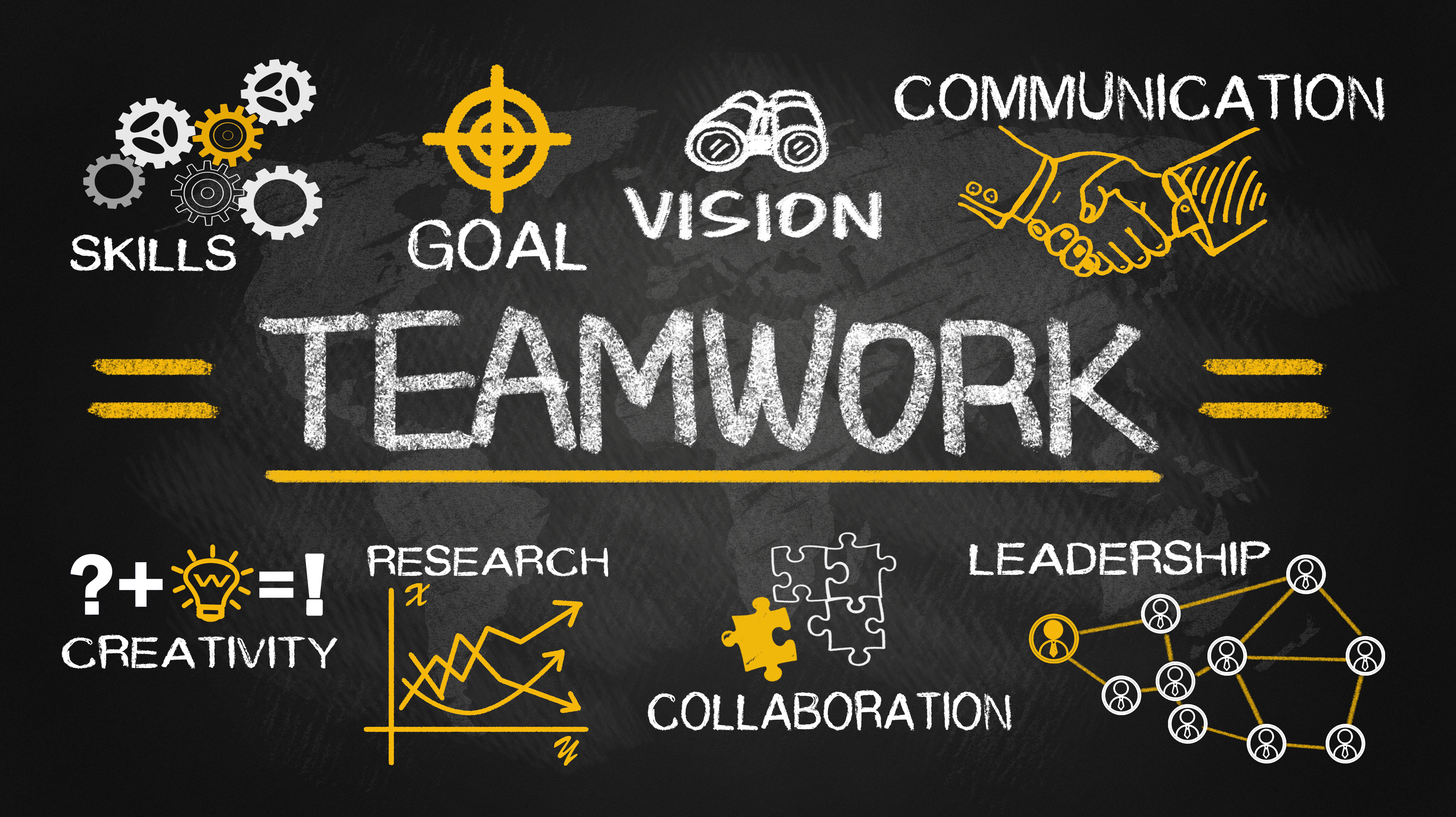
Who is My Neighbor?
A local radio personality recently opined our culture has shifted away from being neighborly toward being divisive. He said we more often become polarized on the differences between one another instead of finding common ground on which to forge a friendship. I am in full agreement with his observation. It only takes a few minutes of listening to current political debate or reading social media posts to conclude the “you’re either with me or against me” mentality is pervasive. Not only is it pervasive, it is harmful.
Today, five of the ten most diverse cities in Georgia are in Gwinnett County. Gwinnett’s diversity index is 78.6%, significantly higher than the national diversity index of 60%. If two people were picked at random in Gwinnett, there is a 78.6% chance they would be of a different race or ethnicity. Looking at Gwinnett’s historical demographic trends, we have every reason to expect diversity to remain at very high levels as our population swells during the next two decades.
If our differences are justification for division, our neighborhoods are surely spoiling for a fight. But must our differences divide us? How can we unite instead?
I am reminded of the Parable of the Good Samaritan, the illustration used by Jesus to answer the question “Who is my neighbor?” In a quick read you might think the parable is about a few indifferent people and finally one good one who rendered aid to an injured person. But with a little study, you’d learn the Samaritan and Jewish cultures could not have been more adversarial with one another. They embraced very different beliefs and customs, and passionately hated each other.
Yet Jesus, born a Jew, placed a Samaritan at the center of his teaching about how people – neighbors – should treat and love one another. The Good Samaritan did more than render aid; he ignored the differences between the injured man and himself and got personally involved with the injured man’s circumstances.
Perhaps that is how we can preserve a culture of neighborly unity; we can ignore rather than highlight our differences and intentionally become involved with each other’s lives.
Gwinnett County is home to a few thousand nonprofit organizations, many of which are service organizations focused on providing relief and support to struggling households. All of them require the assistance of volunteers to pursue their missions. What better way to get involved in the lives of other people than to serve them? In my volunteer experiences, I have labored alongside people of different ages, races, ethnicities, religions, socioeconomic and education backgrounds, food preferences, hair styles, arrest records, and more, and made friends during the toil. We came together on common ground, a desire to serve our neighbors, and did not depart as strangers when the day was done.
Please, ask yourself this question – do you want Gwinnett County to be a united community, or a divided one? If you prefer a united community, I urge you to contribute to unity through volunteering with one of Gwinnett’s nonprofit charities. I’m certain you will be glad you did.


